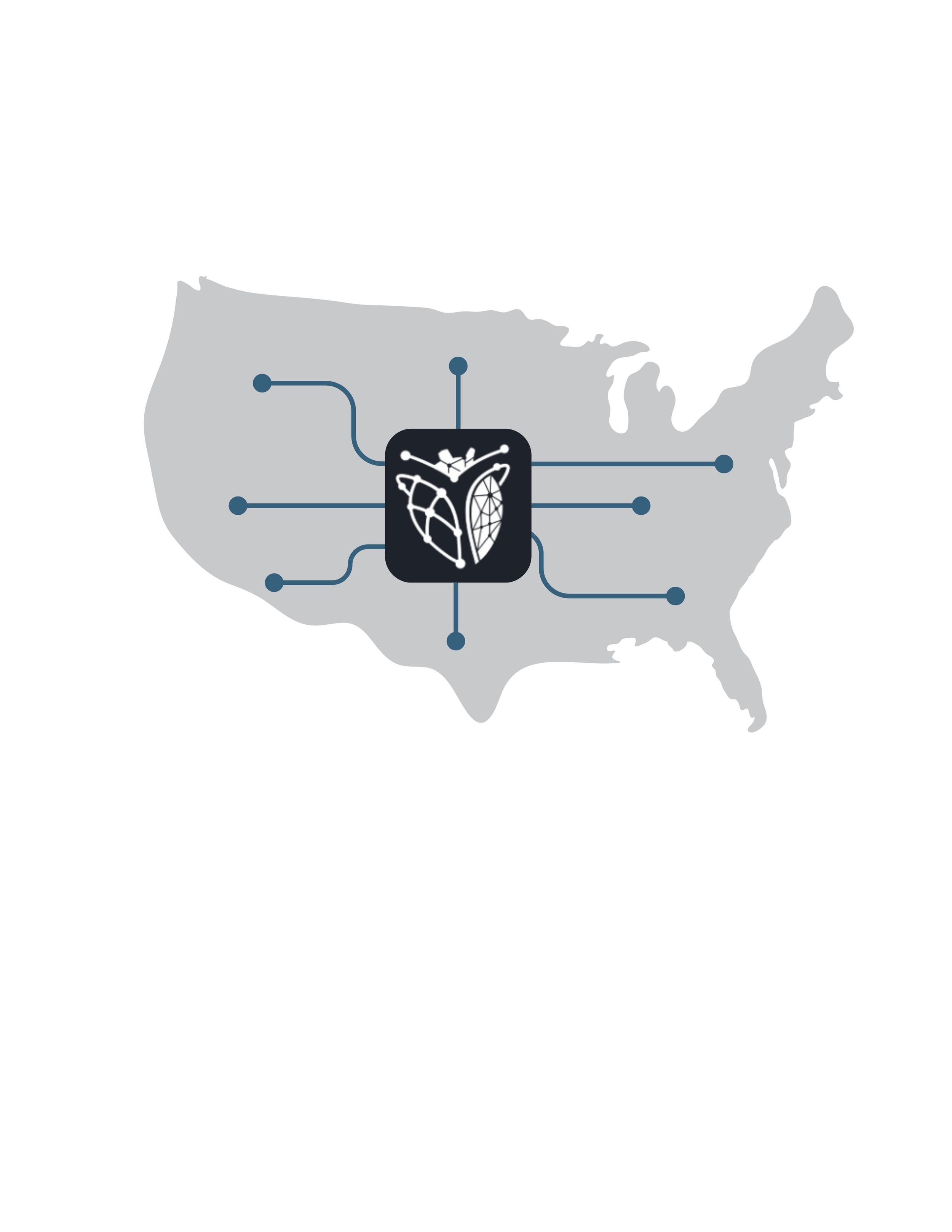TRACE-AI Network
Transthyretin amyloid cardiomyopathy (ATTR-CM) is a serious condition in which abnormal amyloid proteins build up in the heart, leading to heart failure. It’s estimated that more than 120,000 adults in the U.S. are affected by ATTR-CM.
Despite its prevalence, ATTR-CM often goes undiagnosed. Its symptoms closely resemble those of other heart conditions, and confirming the diagnosis requires costly, specialized testing. This delay in detection can be harmful—early diagnosis and treatment are key to improving quality of life and long-term outcomes for patients.
To address this gap, the TRACE-AI Network (Transthyretin Amyloid Cardiomyopathy Early Detection with Artificial Intelligence) is exploring the use of AI to detect ATTR-CM earlier and more efficiently. By analyzing results from routine diagnostic tests used in everyday clinical care, this tool aims to identify patients at risk sooner—potentially transforming how ATTR-CM is diagnosed and managed.
About the study
The TRACE-AI Network Study is a multi-site observational study that uses a fully automated, scalable screening toolkit to estimate the under-diagnosis of ATTR-CM in patients undergoing ECG, POCUS, or transthoracic echocardiograms across diverse U.S. health systems. By leveraging a centralized repository of validated AI tools and a federated (non–data-sharing) deployment model, the study aims to establish a novel, large-scale approach to identifying undiagnosed cases of ATTR-CM nationwide.
-
The primary study aim is to describe the prevalence of probable ATTR-CM as identified by artificial intelligence. The study will also evaluate the accuracy of AI-enabled ECG, POCUS, and TTE tools for diagnosing ATTR-CM and explore how AI-estimated risk relates to adverse cardiovascular events.
-
The TRACE-AI Network is a multicenter observational study using federated AI algorithms to estimate individual risk for ATTR-CM based on existing electronic health record data. Participating sites de-identify results, which are then securely aggregated by the coordinating center for analysis.
-
The study leverages existing electronic health record data from eligible adults ages 50 to 95 across participating health systems. Researchers will analyze patient characteristics, medical history, and diagnostic data—including ECGs, POCUS, and transthoracic echocardiograms—to support the study’s objectives.
-
The study uses advanced AI-enabled technologies developed and validated by the Yale CarDS Lab, including ECG-Vision ATTR and AI-ECHO ATTR, to support multimodal assessment for ATTR-CM. These algorithms are accessed via user-friendly applications that run on local data, allowing participating sites to retain ownership of patient information.
Study Updates
Discover more about the TRACE-AI Network in our 2024 press release and explore the preliminary study results featured below:
Nov 11, 2024: AHA Circulation (Abstract). ATTR-CM screening with ECG and POCUS (YNHHS)
Apr 1, 2025: JACC Journals (Abstract). ATTR-CM screening with ECG and TTE (YNHHS)


